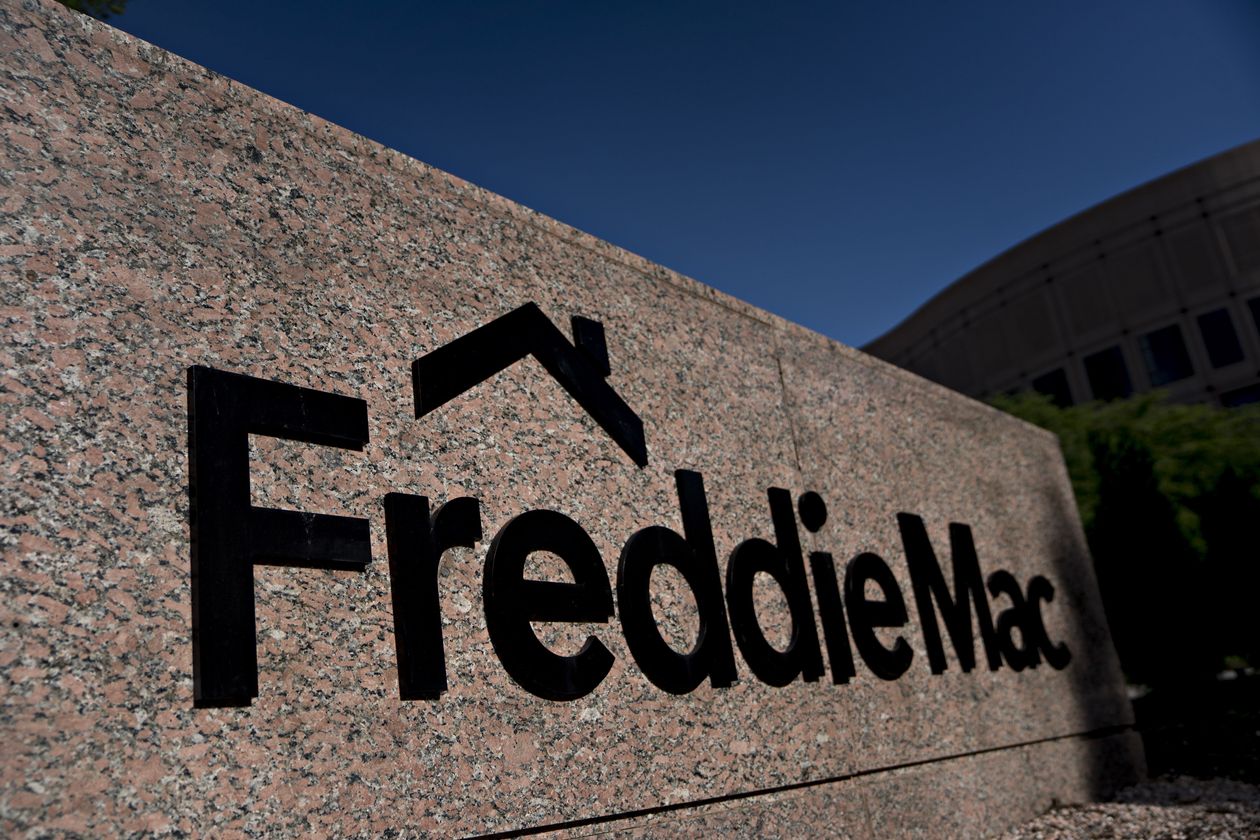Fannie Mae and Freddie Mac said they would impose a 0.5% surcharge on some mortgages.
WASHINGTON—The Trump administration criticized a move by mortgage-finance companies Fannie Mae and Freddie Mac to charge a new fee on certain mortgages, saying it would harm consumers.
“The White House has serious concerns with this action, and is reviewing it,” a senior White House official said in a written statement late Thursday. “It appears only to help Fannie and Freddie and not the American consumer.”
At issue is a 0.5% surcharge that the government-controlled mortgage giants said they would begin to impose on most mortgages that are refinanced at lower interest rates.
The decision by the companies, which said the fee was meant to address heightened credit risks in the mortgage market, was met with quick opposition from the industry, which said it would raise costs for borrowers and run counter to efforts by the Federal Reserve to support lower interest rates.
Earlier on Thursday, a coalition of 20 consumer and industry groups, including the Mortgage Bankers Association and the National Association of Realtors, urged the companies and their regulator, the Federal Housing Finance Agency, to rescind the fee. A senior FHFA official said late Thursday that the agency has no immediate plans to rescind the fee.
The FHFA operates independently of the White House, and technically the administration can’t force the agency to require Fannie and Freddie to rescind the fee.
Fannie and Freddie said the fee was intended to address heightened risks that the loans could go sour, but they didn’t say why it didn’t also apply to new mortgages.
On Wednesday, the FHFA said the fee came at the request of both companies, based on projected losses tied to the pandemic, and would begin Sept. 1.
Fannie and Freddie sought permission in March to impose larger fees on loans for both new-home purchases and refinances, but the FHFA vetoed the idea to ensure that the real-estate market kept functioning normally during the pandemic, the senior FHFA official said.
A spokesman for Freddie declined to comment, and a spokeswoman for Fannie didn’t respond to requests for comment after the White House criticized the fee.
Fannie and Freddie play crucial roles backstopping nearly half of the $11 trillion mortgage market, ensuring the widespread availability of the 30-year, fixed-rate mortgage in the U.S. They buy mortgages from lenders, package them into securities that are sold to investors and provide guarantees to make the investors whole if the loan defaults. They don’t lend to homeowners.
The fees could help bolster the companies as they prepare to raise capital and potentially exit from their nearly 12-year tenure under government control.
At their current level of roughly $150 billion a month in guarantees on refinanced loans, the new fee will increase the companies’ revenue by $9 billion a year, JPMorgan Chase & Co. analysts said in a research note Thursday.
Some mortgage lenders have reported record earnings in the midst of a refinancing boom, and the fee could damp their future profits. It is equal to 50 basis points, or half a percentage point, on each loan Fannie and Freddie guarantees, or roughly $1,400 on the average mortgage backed by the companies, according to industry estimates.
Industry officials said the fee isn’t correlated with the risk of refinanced loans. They said they would likely have to absorb the fee on mortgages already in their pipeline for sale to Fannie and Freddie next month. Longer term, the fee would be passed on to consumers, they said. Borrowers likely would see a modest increase in their monthly costs, since the fee would be paid over the life of their loan.
Wall Street Journal





